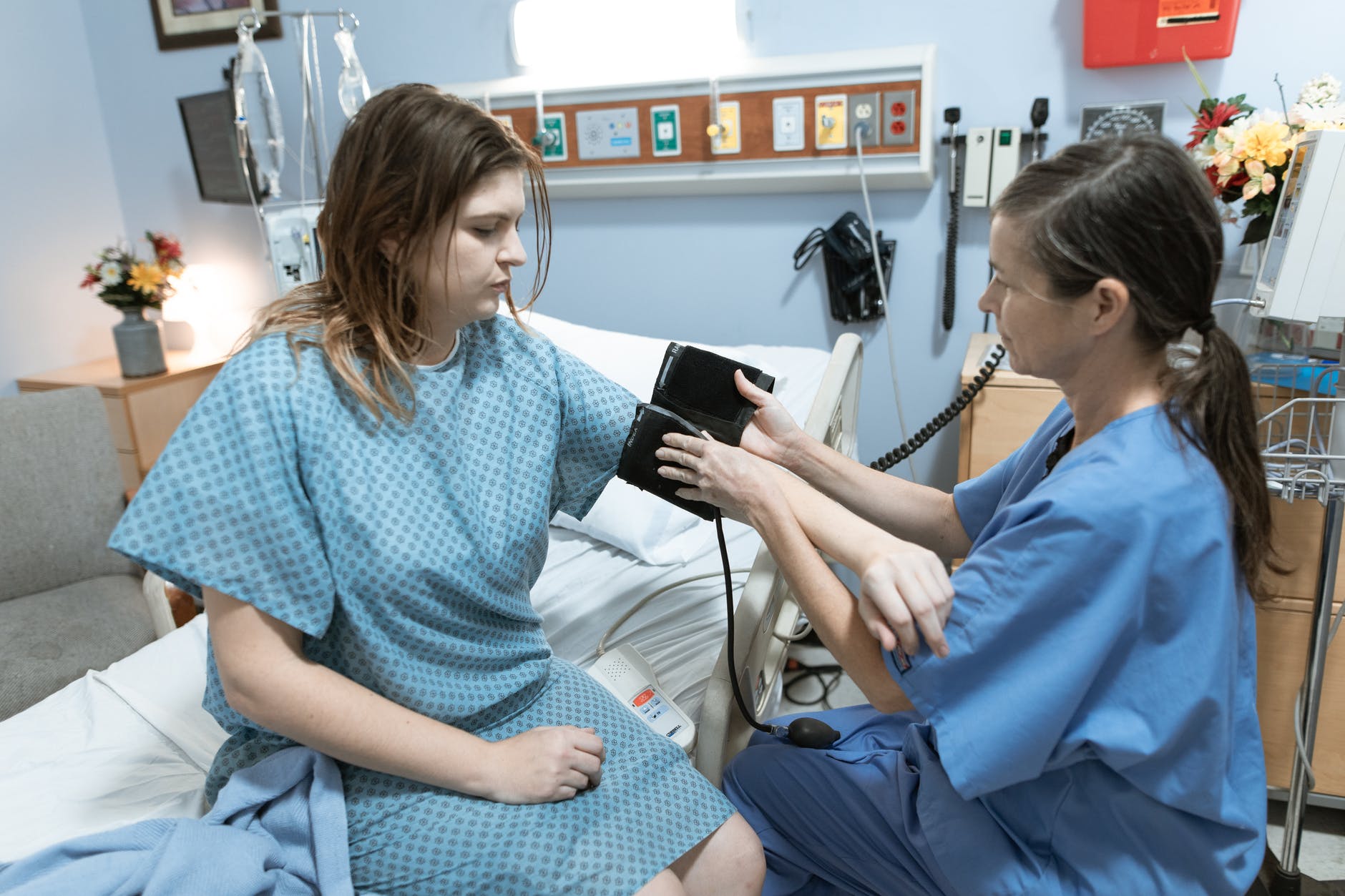How Can A Nurse Demonstrate Excellence In The Workplace?
The legendary Greek philosopher Aristotle once mused that excellence is not an act but a habit. He observed that the things we do repeatedly define us and our work ethic. From this perspective, excellence becomes a habit when our brilliance reflects our day-to-day work responsibilities and duties. Now, let’s answer the question, how can a nurse demonstrate excellence in the workplace?
Based on Aristotle’s musings, the ideal route to professional excellence is developing professional habits that ensure accuracy, quality, and finesse. If you’re willing to take Aristotle’s advice, which certainly worked wonders for Alexander the Great, prepare to invest in continual learning. Because cultivating professional excellence is an endeavor that demands continual learning to harness and hone your skills.
It all boils down to how much time, effort, and resources you’re willing to invest in your professional development. Nurses who decide to end their academic journey with an RN or BSN program limit their opportunities to develop excellence. In contrast, nurses pursuing MSN and DNP programs continually expand their skillsets and acquire advanced training. Keep reading to explore how nurses can demonstrate excellence to excel in their workplaces.
Develop a Clinical Specialization
You cannot demonstrate excellence as a nurse without developing a clinical specialization that allows direct patient contact and medical authority. Nurses serving without core clinical competencies and MSN degrees are limited to administrative and medical assistance roles. They don’t get opportunities to demonstrate their talents and skills due to a lack of training, licensure, and medical expertise.
To demonstrate excellence, you must develop it first, and the journey begins by choosing a specialization. Suppose you find your passion in serving seniors struggling with age-induced illnesses, dementia, and decreasing life quality. In that case, consider pursuing an online MSN adult gerontology acute care NP program to begin your clinical journey. Adding an AGANCP master’s degree to your belt will shift your career path towards elderly care, opening lucrative career advancement opportunities.
You can switch your current job and explore high-paying opportunities for home care, nursing homes, and senior care facilities. You can also venture into private practice to demonstrate your excellence and build a reputation with a thriving clientele. The point is, pursuing an MSN program with a clinical specialization will open numerous avenues to demonstrate your medical brilliance. A specialization will streamline your career path to focus on one specific clinical care domain, gerontology or pediatrics.
Combining a hectic nursing schedule with a full-time degree may sound like a nightmare, only it isn’t. Online learning offers the accessibility of remote education and the flexibility of planning your own schedules. You can balance continual learning with your full-time nursing duties to acquire clinical skills without compromising your career.
Prioritizing Continual Learning
Does the learning journey end with a BSN, MSN, or even a DNP program? It doesn’t because healthcare is continually evolving and advancing, embracing new evidence-based practices and innovations. The learning journey never ends for healthcare providers and nurses because they must stay abreast with industry practices and trends.
Maintaining a competitive medical skillset isn’t easy, with groundbreaking advances transforming healthcare practices year after year. Nurses must keep track of emerging clinical practices, pharmaceutical advancements, medical tech innovations, and research-driven treatment designs. Nurses must prioritize continual learning and avoid regarding their academic journey as complete at any given junction.
The learning journey never ends in healthcare, and nurses must continue pursuing training modules, workshops, and networking opportunities. It’s wise to gain membership of an international, national, or statewide nursing association to stay in the know of industry happenings. Nursing associations provide professionals with numerous resources, tools, and events to pursue advanced training and expand their clinical experience.
Ensuring Patient Safety against All Odds
Nurses carry the humungous responsibility of ensuring patient safety and eliminating all risk factors that threaten treatment outcomes. Professionals must understand their medical duties’ ethical, moral, and legal responsibility and the liabilities of committing nursing malpractice.
Suppose a nurse practitioner makes a glaring error while recording vital signs or administering medication. In that case, it’s crucial to resolve that error before it risks patient wellbeing or safety. For instance, recording inaccurate blood pressure readings for a patient complaining of intense pain runs the risk of medication reactions. Inaccurate blood pressure observations can lead the medical practitioner to recommend a pain killer that can cause an adverse reaction.
Misinterpretation or inaccurate calculations of vital signs may seem like a minor error, but the diagnosis determines the treatment design. Nurses must maintain accuracy and efficiency through every junction of patient contact, observation, data recording, and treatment administration. There’s no room for error because the slightest mistakes can compromise patient safety and wellbeing.
Nurses must maintain self-accountability while ensuring accuracy and preparedness from other team members, caregivers, and patients. At times, nurses have to save patient’s wellbeing from the unrealistic expectations of family members and caregivers. Nurses have to step up in scenarios where patient safety is compromised by the expectations or values of family members.
Demonstrating Professionalism & Clinical Prowess
Professionalism is crucial to demonstrating your clinical excellence and cementing your professional integrity with credibility. How can you impress your bosses with your professionalism? It all boils down to prioritizing your patients and nursing duties. Now, this may sound like you need to sacrifice your personal life and wellbeing for your job, but that’s unnecessary.
In fact, the secret to professional excellence lies in cultivating a healthy work-life balance to give your best to your job. Professionalism demands resolving your physical and mental concerns to prioritize your patients by minimizing all distractions. Nurses must ensure that occupational stress, workload exhaustion, perpetual fatigue, and burnout don’t get in the way of patient safety.
It’s crucial to show up with a big smile and a compassionate tone even if the patient keeps ringing you every ten minutes. Professionalism revolves around channeling your energies to uphold medical and ethical standards and overcoming challenges to ensure patient safety.
How Can a Nurse Demonstrate Excellence: Final Thoughts
Demonstrating your excellence as a nurse isn’t that challenging if you’re willing to invest in your professional growth. Combining a full-time career with higher education isn’t easy, but serving the same job for the rest of your career isn’t easy either.
It’s time to make some tough decisions if you want to expand your career advancement opportunities and build professional credibility. If you have a strategic roadmap, you can pursue your goals without burdening yourself with overwhelming challenges.



















